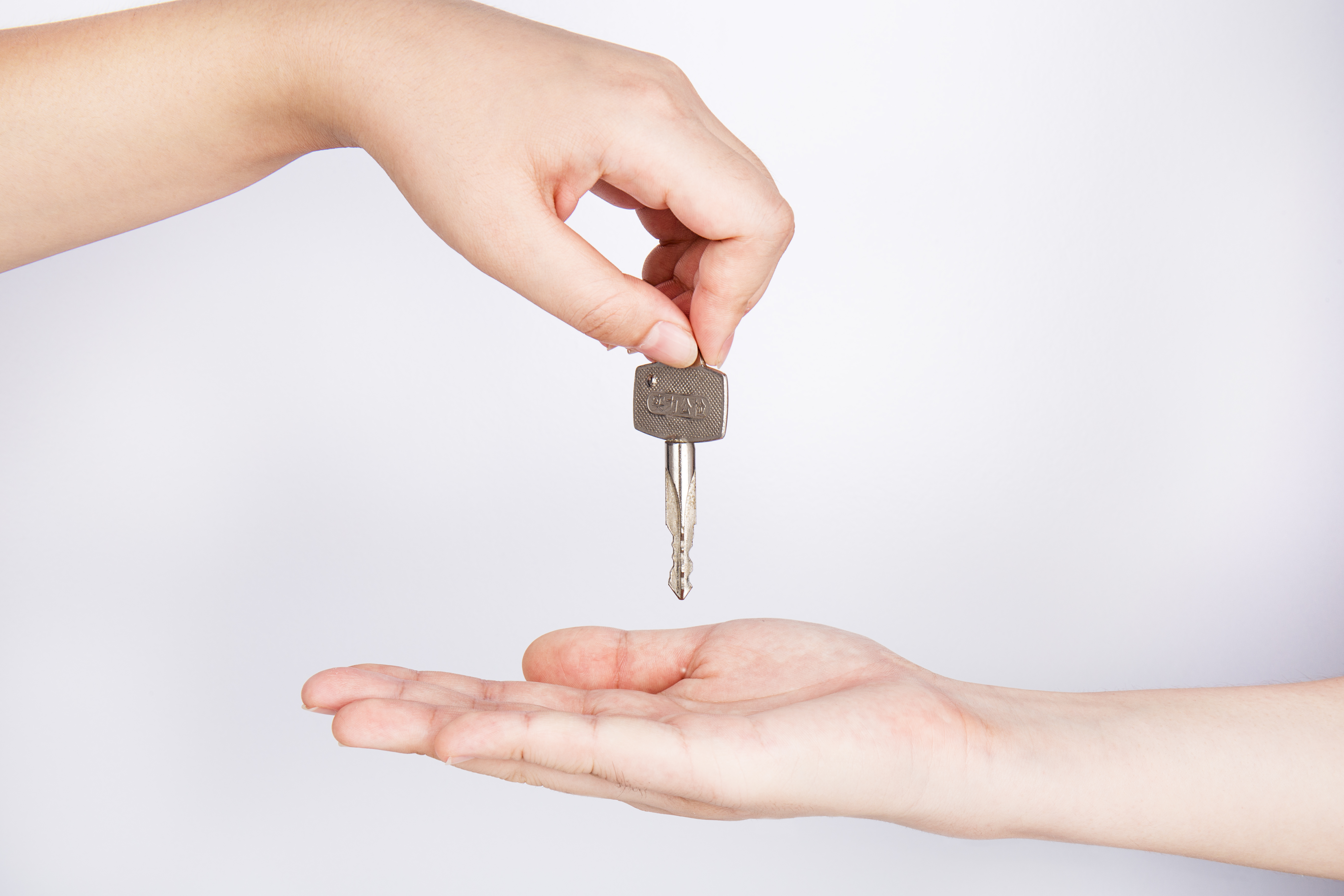Nach dem Abschluss eines Immobilienkaufvertrags wird ein Haus oder eine Wohnung an einen anderen Eigentümer übergeben. Bei der Haus-/Wohnungsübergabe ist eine Reihe konkreter Schritte einzuhalten, damit die Übergabe reibungslos erfolgen kann. Im Folgenden werden alle wichtigen Aspekte, die bei der Haus-/Wohnungsübergabe zu beachten sind, für Sie aufgelistet.

Hausübergabeprotokoll:
Einige Wochen vor der Haus-/Wohnungsübergabe wird in der Regel bereits der Immobilienkaufvertrag zwischen den Vertragspartnern abgeschlossen. Daraus ergibt sich automatisch, dass in diesem Vertrag noch die Details zur Übergabe des Kaufobjekts fehlen. Denn diese Details werden erst im Hausübergabeprotokoll festgelegt und dokumentiert. Das schafft letztlich Klarheit für beide Parteien. Der höhere zeitliche Aufwand für ein sehr detailreiches Übergabeprotokoll verhindert, dass es später zu Streitigkeiten kommt.
Wann wird das Haus-/Wohnungsübergabeprotokoll erstellt?
Wie der Name schon nahelegt, ist der Termin der Schlüsselübergabe entscheidend. Wenn Sie Ihr Haus verkauft haben, ist das die letzte Möglichkeit, das Gebäude nochmals gemeinsam mit dem Immobilienkäufer zu inspizieren und ein Haus-/Wohnungsübergabeprotokoll zu erstellen. Es gibt natürlich keine Regel ohne Ausnahme, aber zu 99 Prozent findet die Haus-/Wohnungsübergabe erst statt, wenn die Unterschriften unter dem Kaufvertrag stehen und der Kaufbetrag überwiesen wurde. Denn der komplette Kaufprozess ist erst mit der Übergabe der Immobilie vollständig abgeschlossen. Denn ab diesem Zeitpunkt ist der Käufer für die Begleichung aller anfallenden Nebenkosten wie Strom, Wasser, Müll oder Grundsteuer verantwortlich.
Welche Angabe gehören ins Haus-/Wohnungsübergabeprotokoll?
Wohnungsübergabeprotokoll und trotzdem Mängel?
Kaputte Fensterscheiben, ein defekter Wasserhahn, Kratzer an Türen und Fenstern, fleckige Böden oder ramponierte Badeinrichtungen, Probleme mit den Elektrogeräten – nicht selten finden sich bei der Hausübergabe noch Mängel, die der Käufer nicht akzeptieren möchte. Nehmen Sie deshalb alle Schäden, die ins Auge fallen, in das Haus-/ Wohnungsübergabeprotokoll auf. Es wird von Experten dringend empfohlen, Fotos von den Mängeln zu machen. So lassen sich die Beanstandungen detailliert dokumentieren. Auch der Weg, wie es weitergehen soll, muss aufgezeigt werden.
Denn wenn noch Mängel entdeckt werden, die vorher niemandem aufgefallen sind, ist dies für beide Parteien ärgerlich. Zur Klarstellung: In vielen Fällen steht bereits im Kaufvertrag, dass der Immobilienverkäufer keine Haftung für Sachmängel trägt, das nennt man einen „Haftungsausschluss“. Haben Sie allerdings entgegen der Gepflogenheiten im Kaufvertrag vereinbart, dass Sie als Verkäufer z. B. noch einen verschmutzten Teppichboden ersetzen, muss dies vor der Übergabe erledigt sein. Sonst müssen Sie mit dem Käufer über die Beseitigung des Problems neu verhandeln.
Ein anderer Fall liegt vor, wenn dem Käufer während des Übergabetermins neue Mängel an der Immobilie auffallen. Mängel, die bei vorherigen Besichtigungen noch nicht vorhanden waren. Bei Bagatellschäden können Käufer zumindest Nachbesserungen verlangen. Der Immobilienverkäufer ist noch viel mehr gefragt, wenn es sich um gravierende Mängel wie zum Beispiel einen inzwischen aufgetretenen Schimmelbefall handelt. Er muss schnellstmöglich dafür sorgen, dass offenkundige Mängel fachgerecht beseitigt werden. Das kann sogar soweit gehen – etwa bei einem Komplettausfall der Heizungsanlage –, dass Immobilienkäufer die Möglichkeit haben, Schadensersatz zu fordern oder im Extremfall auch vom Kaufvertrag zurückzutreten.
Die folgende Anleitung zeigt Ihnen Schritt für Schritt, wie eine Haus-/Wohnungsübergabe abläuft und was dabei zu berücksichtigen ist:
Tipps für die Haus-/Wohnungsübergabe: Schritt-für-Schritt-Anleitung
fur_ubergabe.jpg)